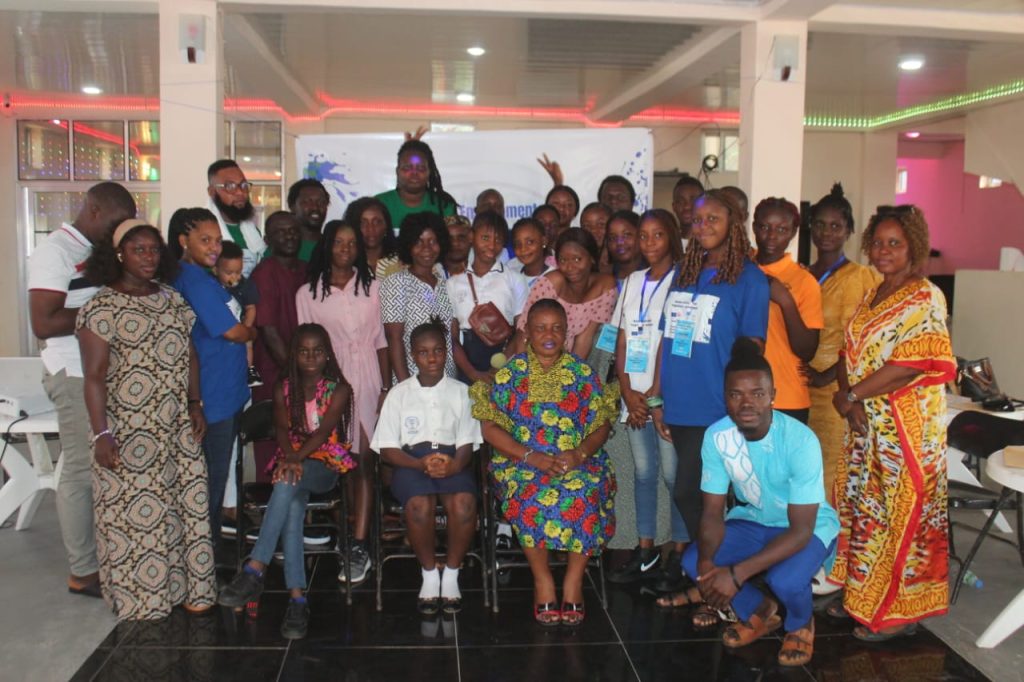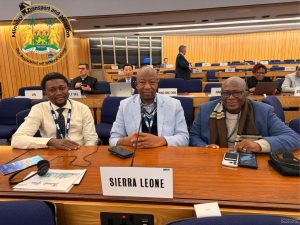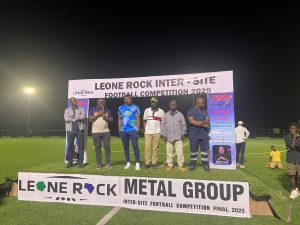Women Power 2030 Initiative Drives Environmental Justice in Sierra Leone

The Women Environmental Programme (WEP), with support from the European Union through Women Engage for a Common Future (WECF), recently held a two-day workshop aimed at equipping young feminist environmental activists and organizations with practical tools to tackle environmental challenges and promote safer, sustainable practices. The workshop, which took place on December 19th and 20th, 2024, at the Two Brothers Auditorium in Freetown, gathered participants from feminist and environmental organizations across Sierra Leone and beyond.
This event was part of the broader WomenPower2030 initiative, a Financial Framework Partnership Agreement between the European Union and a consortium of feminist organizations led by WECF. The initiative aims to strengthen women’s civil society networks, fight gender inequalities, and advance gender-equal sustainable development across the globe.
The Chief Executive Officer of WEP Sierra Leone, Madam Stalina Princess H. Voegli, in her opening remarks, emphasized the workshop’s goals: equipping participants with essential knowledge on environmental issues, fostering innovation, encouraging collaboration, and enhancing professional development for greater advocacy and economic empowerment.
Key Themes and Insights
One of the workshop’s facilitators, John Abu-Kpawoh, delved into the environmental issues disproportionately affecting women in Sierra Leone, particularly through the lens of the Sustainable Development Goals (SDGs). He focused on:
- SDG 5: Gender Equality – Women in rural areas face greater environmental challenges, such as water scarcity and climate change, while often lacking access to resources and decision-making power.
- SDG 13: Climate Action – Advocating for community-based climate adaptation strategies, with a focus on sustainable farming practices and women-led reforestation projects.
- SDG 6: Clean Water and Sanitation – Highlighting the importance of improving water infrastructure to alleviate the health risks faced by women and girls who spend hours fetching water.
- SDG 15: Life on Land – Addressing the impact of environmental degradation on women’s livelihoods, advocating for reforestation and sustainable land-use practices.
Abu-Kpawoh urged female activists to unite in their efforts to address these environmental challenges and collaborate with local communities, international organizations, and government agencies to develop innovative solutions and secure funding.
Environmental Governance and Advocacy
Another facilitator, Mustapha Ansumana, emphasized the importance of Environmental Governance and Behavioral Change Communication. He challenged participants to use their voices to advocate for equitable access to resources, environmental protection, and the inclusion of women in decision-making. Ansumana underscored the need for young female activists to lead with passion and resilience, shaping a future where women are not only survivors of environmental crises but also leaders and change-makers.
The participants engaged in group work and presentations, reflecting on the knowledge gained and its potential impact on their advocacy efforts. Musa Brima and Ramatu Conteh both expressed their gratitude for the workshop, noting that the experience had enhanced their understanding of strategic communication and the importance of empowerment in environmental activism.
Conclusion and Commitment to Future Initiatives
The workshop concluded with the awarding of certificates to participants, symbolizing their commitment to environmental justice and sustainable development. WEP reiterated its commitment to empowering women and youth, advocating for gender equality, and fostering sustainability through similar initiatives in the future.





